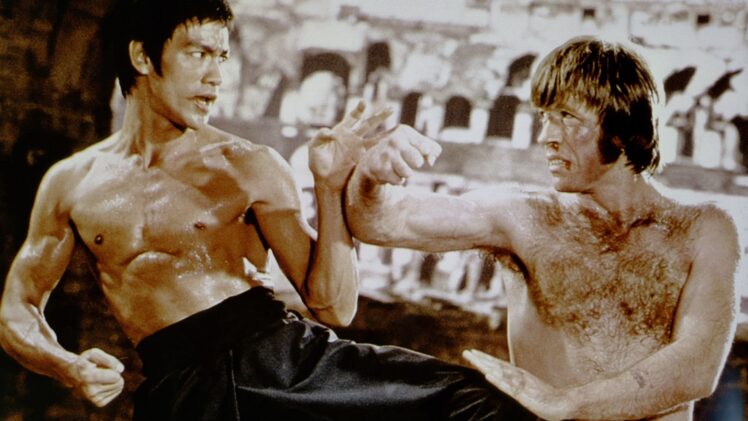When you speak about martial art forms, Hong Kong’s effect and impression on local and international cinematography expand to numerous places. The martial art movies in Hong Kong have an equal place in regional film society as the westerly countries. So many films got produced since the early era, and they can get twisted into nearly any concept and narrative. These films can be cultured or primitive and portray the circumstances and desires of the viewers who would watch.
These hong kong films are beyond the center of your amusement industry because they are also a prime conveyance for maintaining and conveying traditional Chinese civilization to every society. Since the late nineties, these movies have engaged so many diverse patterns and outlines, so you may consider them as significant as ever.
Keep reading to understand deeply the heritage of hong kong martial arts movies.
What Are Hong Kong Martial Arts Movies?
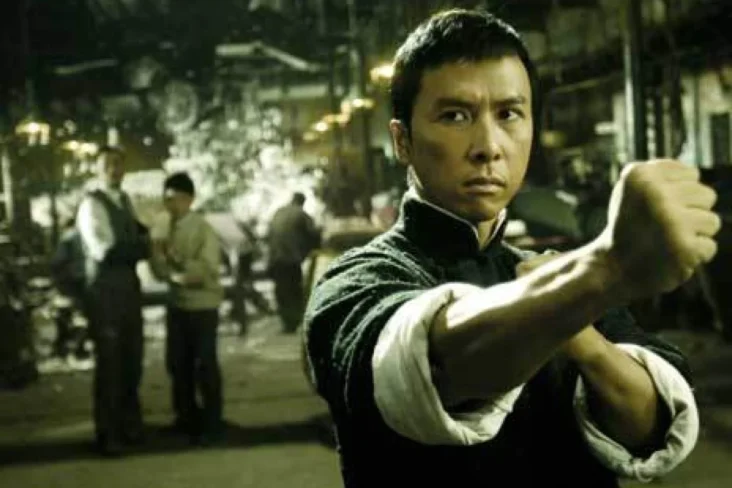
Source: scmp.com
There are two sections of Hong Kong martial arts movies that fall to a large extent, which are kung fu and wuxia. Kung fu movies primarily specify fistfight actions, while Wuxia movies detail weaponed fighting, generally sword skills. Both these kinds of movies are moderately diverse.
Even though kung fu movies might feature a set that highlights brawling with bamboo and sticks (also known as staff weapons) at times, the preferred pieces of equipment Shaolin priests and the bad guys use are usually weaponry.
Kung fu is a cumulative word representing an array of Chinese martial art techniques. Kung fu falls apart into two extensive practices, Southern and Northern, and a set of theoretical methods, inner and outer.
Some Of The Biggest Martial Arts Film Stars Of The Era
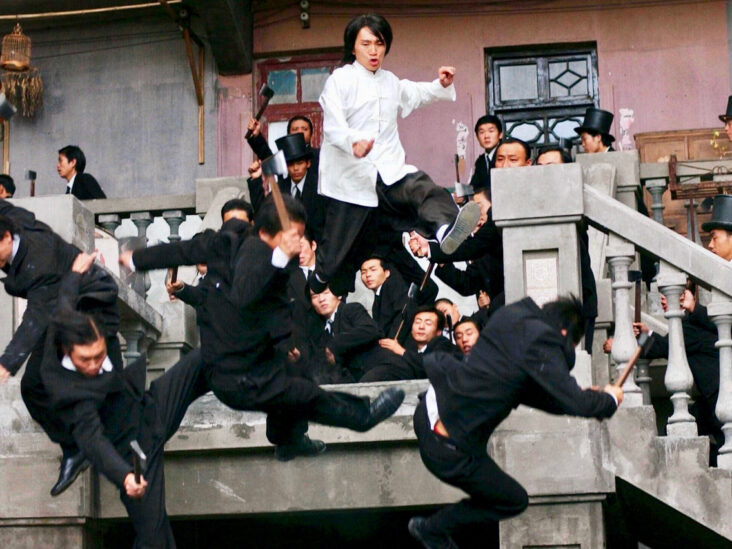
Source: timeout.com
The megastars of kung fu movies are well-known actors like Jackie Chan, Donnie Yen, Bruce Lee, Jet Li Lianjie, and Sammo Hung.
Bruce Lee
Lee was a wise person in the martial arts kingdom and a sensation in the seventies era. Once a stranger in America, the artist has evolved in reputation consistently in random regions of the planet progressively with time. Lee died in 1973 but still remains the martial artist inspiration to many martial arts lovers like you.
Jackie Chan
Jackie began as a stunt person and became promising in the early eighties. Many attempts to popularize him as the pristine Bruce Lee broke down, but he discovered stardom when he created his own humorous personality, which included his gymnastic martial art form and risky actions. Jackie’s admiration in Hong Kong declined after he lined up with the socialist leaders in Beijing and criticized Hong Kong’s pro-republic campaign.
Donnie Yen
You remember Yen as the master IP. Right? Donnie grew up in the Boston city of the United States. When he was nine years old, he started comprehending martial arts from his mom, who was a teacher. He moved to China to learn kung fu while the management was mixing martial arts with the non-combative wushu technique.
Yen polished himself performing bad guys in Tsui Hark’s Once Upon a Time In China II and New Dragon Gate Inn in the nineties era and got invited by Miramax films in America in the 2000s, but waited long until the success he earned in Ip Man.
Sammo Hung
If you are not familiar with Hung, he has been a persuasive influence in the entertainment industry of Hong Kong for almost half a century as a director, actor, stunt person, and martial arts choreographer. Sammo Hung is a great guy, and watching him do acrobat stunts that appear to crush the laws of gravitational attraction is so much pleasure.
Jet Li Lianjie
You may know Jet Li for his surprising acting skills. Li Lianjie was born in Beijing, China, and got a blast of achievement in the eighties but determined his stardom in the nineties in some of the Hong Kong movies directed by Tsui Hark. Li went ahead to become a universally thriving celebrity.
Hong Kong Martial Arts Movies You Must Watch
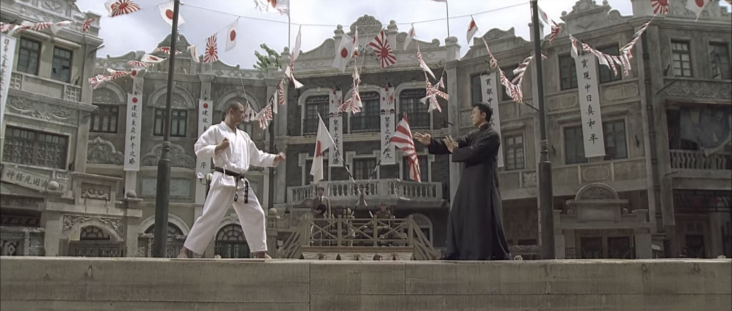
Source: timeout.com
The realm of martial arts movies for you is eternal under paradise. The finest Asian martial arts cinemas of the twenty-first century are rated, from Kung Fu Hustle to Ip Man, Hidden Dragon, and Crouching Tiger. Still, you can check them out as categorized.
Wuxia Movies
Considering wuxia cinemas, King Hu’s films A Touch of Zen, Dragon Inn, and Come Drink With Me are superb for you to begin, along with Chang Cheh’s Golden Swallow and One-Armed Swordsman.
Kung Fu Movies
Considering kung fu, needless to say, Bruce Lee’s movies are vital for you to watch, and Fist of Fury might be the top opening, as the same is Jackie Chan’s Police Story and Project A. The finest cinemas from Chang Cheh’s kung fu days contain Men from the Monastery and Heroes Two.
Jet Li Lianjie Movies
Li Lianjie’s Shaolin Temple film by Chang Hsin Yen promotes an exceptional performance of wushu, a non-combative display of martial arts approved by the authoritative management in China. Though his performance in Once Upon a Time in China movies you witnessed is the highlight of the ultimate participation with the writer and director Tsui Hark.
Lau Kar-Leung Movies
The Executioners From Shaolin movie by Lau Kar-Leung is an excellent piece with substantial theatrical qualities along with the action, whereas the 36th Chamber of Shaolin is an essential companion to the essence of the walk-through of the southern kung fu style, together with an enlightening summary of its approaches. You can experience really incredible pole fighting in Lau Kar-Leung’s The Eight-Diagram Pole Fighter.
Bottom Line
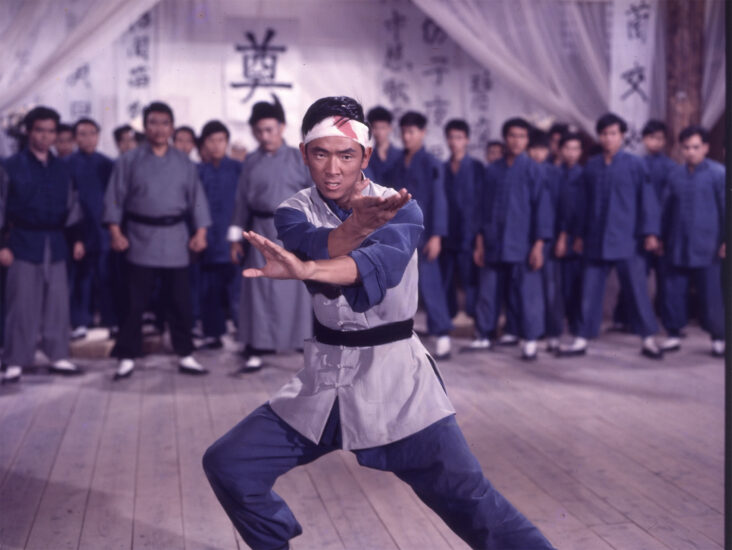
Source: timeout.com
While you talk about Hong Kong cinemas, martial arts movies have had a tremendous influence on several categories, and their impacts are unfolding in the globally widespread action suspense films of filmmaker John Woo.
Here, famous Western filmmakers like Quentin Tarantino, Francis Ford Coppola, and Oliver Stone have shown incredible willingness for the martial arts genre. And though its effects have advanced beyond the limits of Hong Kong, this genre remains a remarkable conception of Chinese culture and history.


